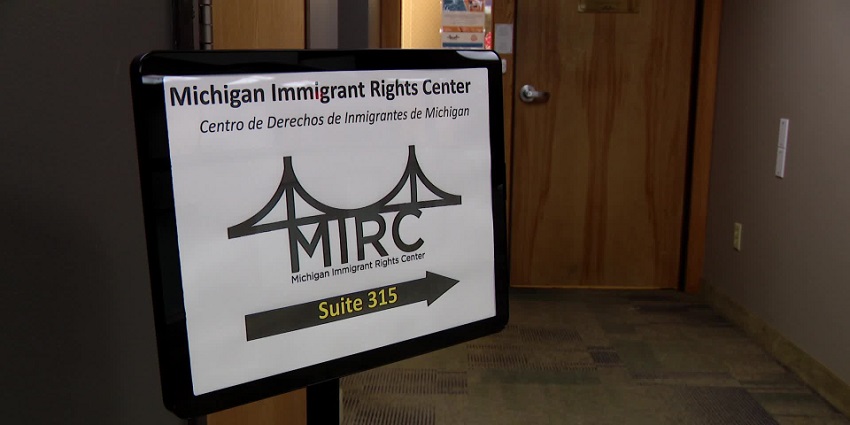Grand Rapids, Mich. — The federal government has issued a Stop Work Order on a critical program that provides legal services for unaccompanied children in the United States. The Michigan Immigrant Rights Center (MIRC) is one of several legal service providers across the country affected by the decision, which could have serious consequences for vulnerable children and families.
The program, which is funded by the Office of Refugee Resettlement (ORR), provides essential legal representation to children navigating the complex U.S. immigration system. These children often face unique vulnerabilities, including age-related challenges, developmental issues, and communication barriers, which make it nearly impossible for them to represent themselves effectively in court.
MIRC, which serves over 800 children in Michigan, has condemned the Stop Work Order, calling the move “cruel” and an attack on the well-being of vulnerable children. The center emphasized that without legal representation, these children would be left to face immigration proceedings on their own, potentially jeopardizing their chances of obtaining protections such as visas for survivors of trafficking or sexual exploitation.
The halted services include helping unaccompanied minors fill out legal paperwork, explain court procedures at a child-appropriate level, and attend court hearings. The program has provided a lifeline for hundreds of children, ensuring they are represented in legal matters that could significantly affect their future.
MIRC stated that, while they will continue to represent the 800 children currently in their care to the best of their ability, the suspension of funding will have a substantial impact on their operations. The center warned that up to 80% of their staff would be affected by the Stop Work Order, leaving the organization struggling to meet the needs of their young clients.
The Stop Work Order comes on the heels of a similar action issued on January 22, which was later reversed by the U.S. Department of Justice after nonprofit organizations filed lawsuits. The reversal gave hope to legal advocates and organizations, but the recent order has reignited concerns about the long-term stability of the program and the future of unaccompanied minors seeking legal aid.
The temporary suspension of funding, which remains without a clear timeline for resolution, raises significant questions about the federal government’s commitment to providing essential support for children in immigration proceedings. As advocates call for immediate action, the future of the legal services program hangs in the balance, with the lives of thousands of children at risk.








Emergency response excellence, rescued our reputation completely. Emergency cleaning perfected. Emergency heroes.
Dry Cleaning in New York city by Sparkly Maid NYC
I as well conceive therefore, perfectly written post! .